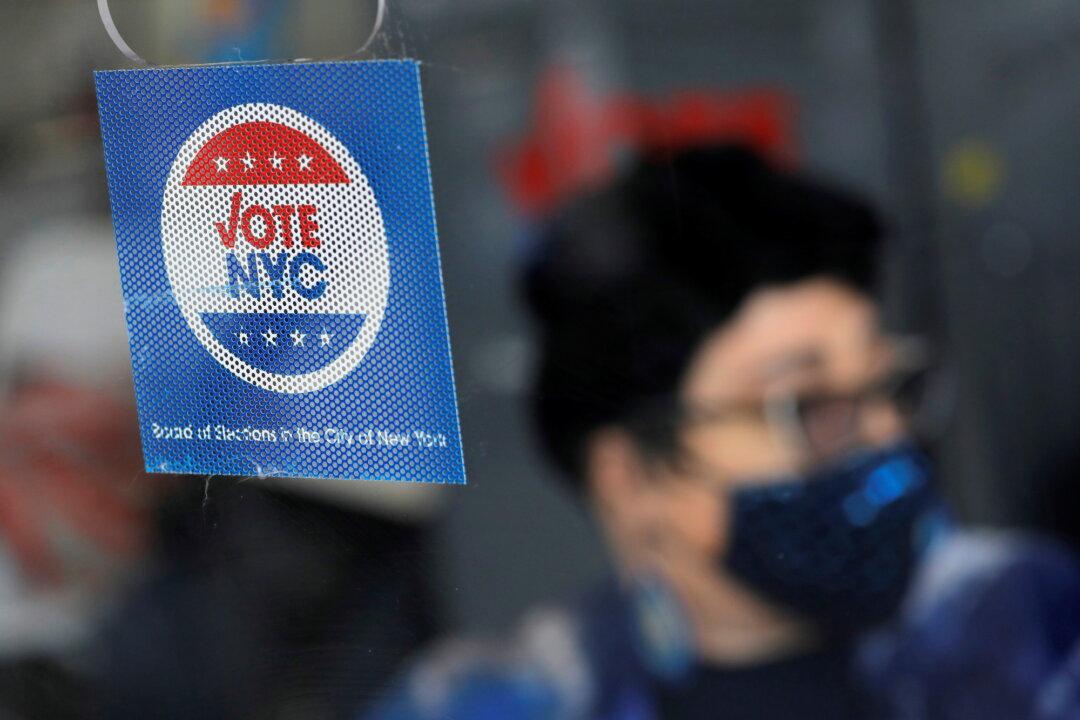Several key New York State lawmakers told The Wall Street Journal that there are plans to hold hearings on the New York City Board of Elections (BOE) following last week’s mayoral primary vote miscount blunder, potentially pushing longstanding efforts to reform the administrative body across the finish line.
Democrat Andrea Stewart-Cousins, the state Senate majority leader, told the outlet that the chamber would hold hearings and seek to pass reform legislation “at the earliest opportunity,” while assemblywoman Latrice Walker, a Democrat who chairs the Senate election committee, said the hearings would include a review of the structure of the BOE, which has long been a key concern.





